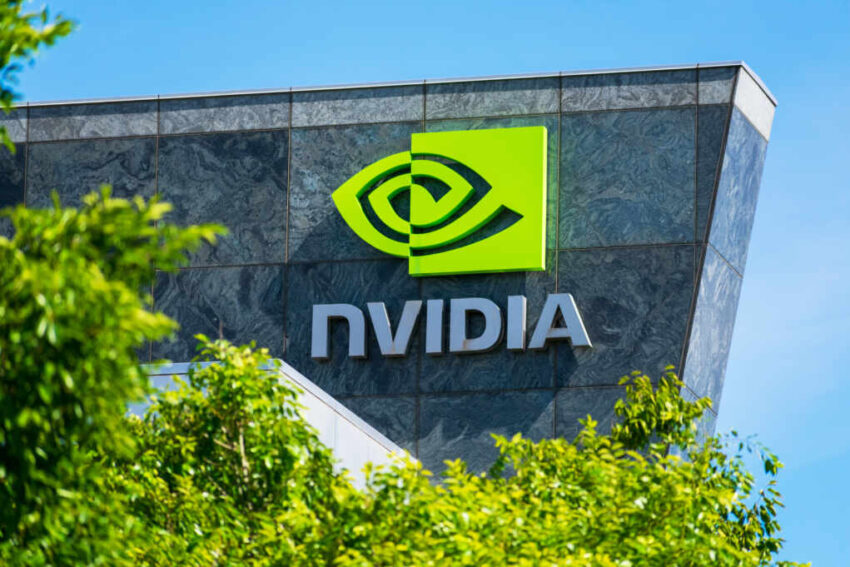Trump’s decision to lift restrictions on AI chip exports to China in exchange for a 15 percent revenue share has triggered bipartisan backlash over constitutional, fiscal, and security risks.
At a Glance
- Nvidia and AMD will be allowed to export downgraded AI chips to China under a 15 percent revenue-sharing agreement.
- The policy reverses Biden-era restrictions aimed at curbing China’s AI development.
- Legal experts warn the arrangement may violate the U.S. Constitution’s export tax clause.
- Lawmakers from both parties are advancing legislation to reassert oversight over AI chip exports.
The Reversal and Its Terms
The Trump administration announced in August 2025 that Nvidia’s H20 and AMD’s MI308 chips could once again be sold in China, subject to companies paying 15 percent of related revenue to the U.S. Treasury. The White House defended the deal as pragmatic, balancing commercial interests with security concerns.
Watch now: Trump Demands Cut on AI Chip Sales to China
Industry lobbying played a central role in the shift. Nvidia and AMD argued that exclusion from the Chinese market would damage revenue streams and global competitiveness. Trump originally sought a 20 percent cut before settling at 15 percent.
Constitutional and Security Questions
Legal analysts argue that the deal constitutes an unconstitutional export tax, forbidden under the Constitution’s Export Clause. By conditioning licenses on revenue transfers, critics contend the administration effectively monetized national security controls.
Security officials caution that even downgraded chips can be powerful enough for training large-scale AI systems. Allowing Chinese firms access, they warn, could narrow the U.S. advantage in a strategically decisive technology. The reversal, they say, signals that restrictions can be bargained away for fiscal gain.
Political Reaction and Legislative Pushback
Reaction on Capitol Hill was immediate and bipartisan. Representative Raja Krishnamoorthi (D-IL) introduced the No Advanced Chips for the CCP Act of 2025, mandating congressional approval of advanced chip exports. Republican lawmakers including Rep. John Moolenaar (R-MI) called for stricter thresholds to safeguard national security.
California Governor Gavin Newsom blasted the policy as reckless, comparing it to authoritarian practices where governments demand direct corporate revenue. Reports suggest some officials within the Trump administration considered resigning in protest of the deal.
Fiscal Tradeoffs and Strategic Costs
The Treasury may collect an estimated $2–3 billion annually from the arrangement, a sum dwarfed by the federal deficit. Analysts argue that the financial benefits are trivial compared to the risk of accelerating China’s AI progress.
Observers warn that the precedent undermines U.S. credibility in coordinating export controls with allies. If national security policies appear negotiable, partners may hesitate to align with Washington’s technology restrictions in the future. Critics contend that short-term fiscal gain has been prioritized over long-term strategic stability.
The Trump administration’s AI chip export reversal, exchanging access for a 15 percent revenue share, has drawn sharp criticism as unconstitutional, strategically dangerous, and politically reckless. As Congress moves to tighten oversight, the policy may reshape how America balances economic interests against the imperative of technological security.
Sources
Click this link for the original source of this article.
Author: Editor
This content is courtesy of, and owned and copyrighted by, https://thecongressionalinsider.com and its author. This content is made available by use of the public RSS feed offered by the host site and is used for educational purposes only. If you are the author or represent the host site and would like this content removed now and in the future, please contact USSANews.com using the email address in the Contact page found in the website menu.





